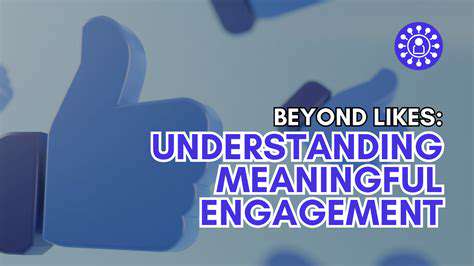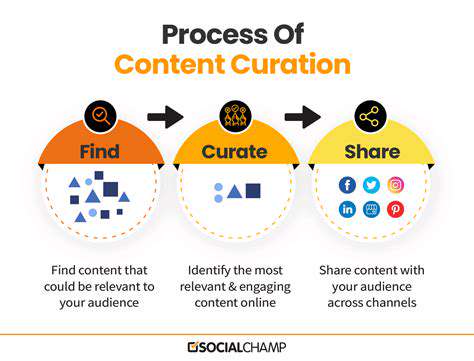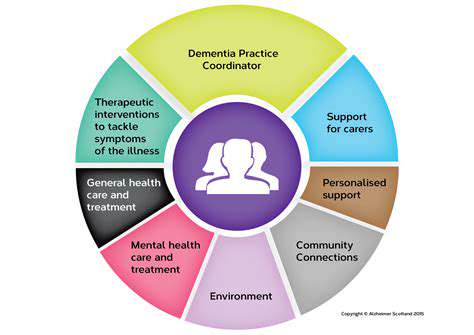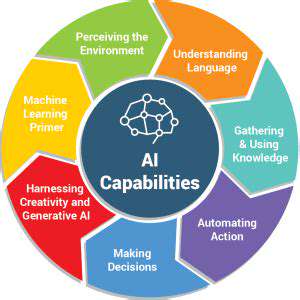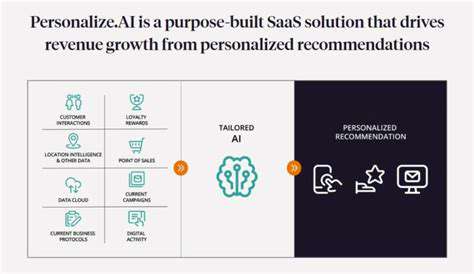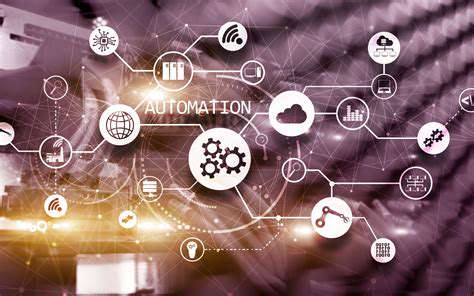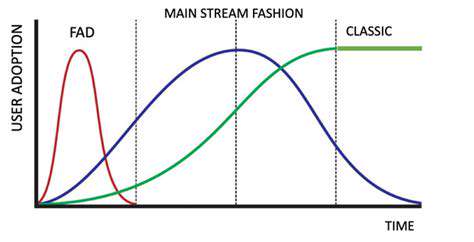The Impact of AI on Music Licensing Agreements
AI-powered music generation tools have evolved beyond basic melody creation to produce complex compositions with intricate harmonies, rhythms, and stylistic nuances. These systems analyze extensive music libraries, identifying patterns and emotional cues to generate pieces that reflect specific genres or artists. This blending of imitation and innovation challenges traditional notions of musical authorship and creativity. The technology's ability to combine elements in unexpected ways could lead to entirely new musical forms.
Training these algorithms involves processing enormous music datasets, enabling them to understand and reinterpret diverse styles. This capability allows for applications ranging from film scoring to personalized music creation, potentially transforming how we experience and produce music.
The Copyright Conundrum: Ownership and Authorship
Current copyright law struggles to address AI-generated content, leaving unclear who owns the rights - the programmer, the software company, or the AI system itself. This legal ambiguity creates challenges for both creators and users of AI music. The core debate centers on whether algorithmic recombination of existing elements constitutes true originality.
As courts and legislators grapple with these questions, new frameworks may emerge to balance the rights of AI developers, human creators, and the public. These decisions will shape how creative works are protected in the digital age.
The Impact on Music Industry Professionals
AI music generation raises concerns about job displacement and the devaluation of human musical skills. The technology's rapid advancement could significantly alter industry dynamics, requiring professionals to adapt their skillsets and business models.
Licensing and Commercial Use Challenges
Determining proper licensing for AI-generated music presents complex questions about revenue distribution. New compensation models must fairly recognize contributions from both algorithm developers and the creators of training data. Existing legal structures may need revision to accommodate these novel scenarios.
Human-AI Creative Collaboration
Rather than replacing musicians, AI might serve as a collaborative tool, generating ideas that artists can refine. This partnership could yield innovative musical forms combining human creativity with algorithmic capabilities.
Ethical Considerations
Training data biases represent a significant ethical concern, as algorithms might perpetuate existing stereotypes. Ensuring diverse, representative datasets is crucial for responsible AI music development.
The Hybrid Future of Music
The music industry will likely embrace combined human-AI workflows, where technology handles routine tasks while humans focus on creative direction. This synergy could redefine artistic expression in the digital era.
Redefining Copyright in the Age of AI Music Composers
AI Composition Tools Enter the Mainstream
Once experimental, AI composition tools now feature in professional music production. Their growing sophistication forces reconsideration of copyright principles regarding authorship and originality.
Authorship in Algorithmic Creation
Current law provides no clear answer for AI-generated works. The debate involves multiple potential claimants: programmers, users, and potentially the AI systems themselves. Resolving this requires careful legal analysis to protect all stakeholders.
The Human Element in AI Music
While AI can produce complete compositions, human input often shapes the final product through creative direction and refinement. This collaboration blurs traditional authorship boundaries.
Emerging Legal Precedents
Courts will need to interpret how existing copyright law applies to AI-generated content, considering factors like human input levels and the nature of algorithmic creativity.
Royalty Distribution Challenges
AI music complicates royalty structures, particularly regarding training data sources. The industry must develop new models that fairly compensate all contributors.
Copyright Infringement Risks
Using protected works for AI training raises potential infringement issues. Clear guidelines are needed regarding fair use of copyrighted material in machine learning.
Future Copyright Frameworks
Adaptable copyright systems will be essential to balance innovation with creator rights in the AI music era. Ongoing dialogue between legal experts and technologists can shape effective solutions.
Impact on Royalty Structures and Compensation Models
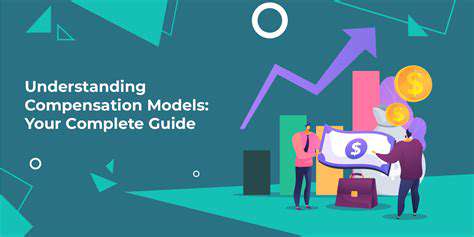
Transforming Royalty Systems
Digital distribution requires updated royalty models beyond physical sales paradigms. Creators need transparent systems reflecting digital consumption patterns. Streaming platforms' complex algorithms necessitate scrutiny to ensure fair compensation.
Evolving Copyright Laws
Legal frameworks must address digital distribution challenges while balancing creator and consumer interests. AI-generated content adds complexity to copyright considerations.
Global Distribution Complexities
International copyright variations create hurdles for global music distribution. Effective enforcement requires cross-border cooperation and legal harmonization.
Technology's Role in Royalties
Digital tools enhance royalty management through automation and transparency. Advanced analytics can optimize payment models based on consumption trends.
Artist Adaptation
Musicians must develop new strategies for digital monetization. Understanding licensing and platform economics becomes essential for sustainable careers.
Emerging Technologies
Blockchain and NFTs may revolutionize royalty distribution through transparent tracking. Legal systems must evolve to address these innovations.
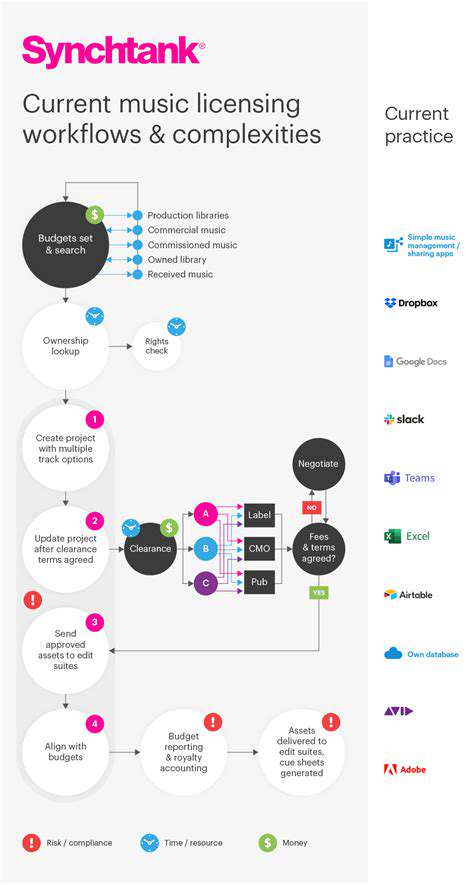
The Future of Music Licensing in the AI Era
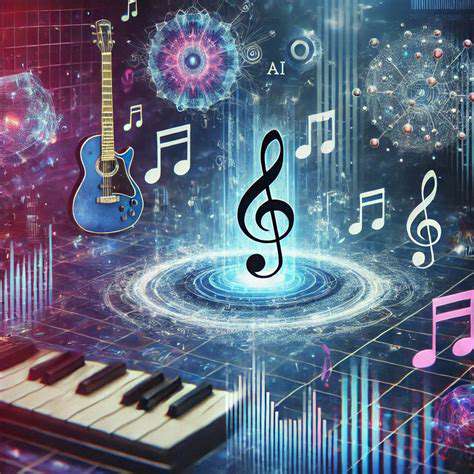
AI's Licensing Revolution
AI transforms licensing through automated processes and conflict detection. Predictive analytics enable better market forecasting and portfolio management.
Consumer-Centric Licensing
Evolving consumption habits demand adaptable licensing frameworks. Models must accommodate emerging platforms and formats.
Transparency and Access
Clear rights information and streamlined processes benefit all stakeholders. User-friendly platforms can democratize licensing for independent creators.
Global Licensing Challenges
International agreements require navigation of diverse legal systems. Cross-border collaborations need careful legal consideration.
